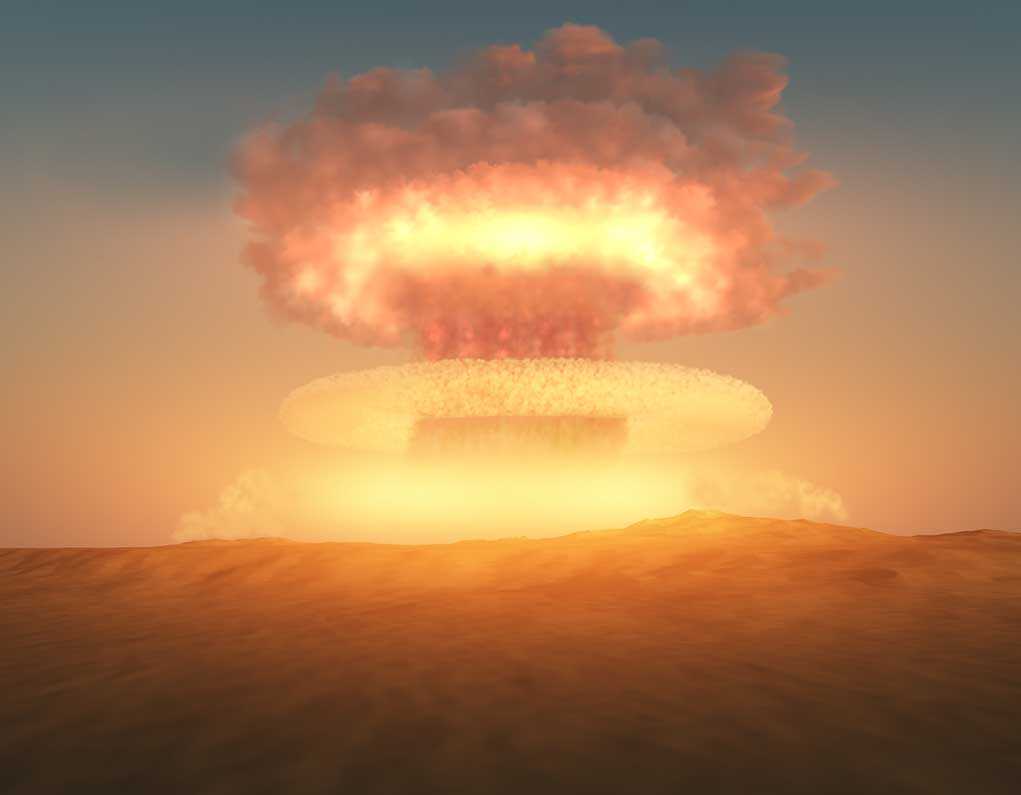
Senate Republicans’ “nuclear option” shatters months of partisan gridlock, clearing the path for President Trump’s long-stalled nominees—reshaping federal power and leaving constitutional safeguards tested.
Story Snapshot
- Senate Republicans changed rules to allow bloc voting, bypassing Democratic delays.
- Over 140 Trump civilian nominees set for rapid confirmation after months of obstruction.
- The move revives a Democratic proposal but strips bipartisan safeguards, fueling partisan escalation.
- Experts warn Senate traditions and minority rights face erosion, altering future confirmations.
Senate Republicans Invoke “Nuclear Option” to Overcome Democratic Obstruction
On September 11, 2025, Senate Republicans voted 53-45 to break a prolonged blockade of President Trump’s nominees by changing chamber rules. This “nuclear option”—a procedural maneuver allowing the majority to alter Senate rules with a simple majority—permits bloc voting on unlimited groups of nominees, bypassing traditional debate and minority party consent. The rule change comes after months of Democratic refusal to confirm over 140 civilian nominees, including many non-controversial appointments, even by standard voice vote. Bipartisan negotiations to limit the size of nominee blocs failed, leading Republicans to act unilaterally and clear a growing backlog of executive branch positions.
Senate Democratic leaders, including Chuck Schumer, expressed strong opposition, warning that the move could open the door to less qualified or more controversial nominees. Senate Republicans, led by John Thune and John Barrasso, argued the tactic was necessary to end partisan stalling and restore government function. Barrasso declared, “That ends now,” referencing ongoing delays, while Thune called for decisive action to “fix this place.” The first bloc of 48 nominees is scheduled for confirmation the following week, a major victory for the Trump administration seeking to fill vacant posts and accelerate its policy agenda.
Historical Context: Procedural Warfare and Erosion of Senate Norms
The “nuclear option” has a controversial history in the Senate, first invoked by Democrats in 2013 to ease confirmation of executive branch nominees and later expanded by Republicans for Supreme Court picks. In 2019, Republicans reduced debate time for civilian nominees, setting precedent for expedited confirmations. Persistent gridlock and escalating tactics have transformed this maneuver from a rare exception to a routine method for bypassing minority rights. Both parties have contributed to this breakdown, each citing obstruction and legislative necessity as justification. The most recent rule change revives a Democratic proposal from 2023 but strips away bipartisan safeguards, signaling a new era of majority-driven power and heightened partisanship.
The current power dynamics reflect a Senate where the majority can increasingly override minority objections, but not without public and institutional backlash. While the move streamlines government staffing—potentially improving administrative efficiency—it raises alarms among constitutional advocates and procedural experts. The deliberative tradition of the Senate, designed to protect minority views and encourage compromise, faces further erosion, risking a future where simple majority rule dominates legislative decision-making.
Stakeholder Motivations and Immediate Impacts
Senate Republicans and the Trump administration are motivated to rapidly staff key executive branch positions, demonstrating legislative effectiveness and advancing their policy priorities. Democrats, in turn, sought to slow or block the president’s agenda, scrutinizing nominees and leveraging procedural tools to maintain influence. The rule change immediately benefits Trump’s nominees, ending delays and filling long-vacant posts. However, it also sets a precedent that future majorities may exploit, diminishing the minority party’s ability to check executive power and shape the confirmation process. Federal agencies stand to gain improved operational capacity, but the broader political and legal sectors will debate the legitimacy and long-term consequences of this decisive shift.
Expert analysis highlights that repeated use of the nuclear option undermines the Senate’s role as a safeguard against unchecked majority rule. Scholars warn of creeping “tyranny of the majority,” where constitutional protections, minority rights, and deliberative debate may be sacrificed for short-term gains. While Republicans frame the move as a necessary response to obstruction, Democrats contend it endangers the integrity of American governance and opens the door to less vetting of crucial appointments.
Senate Likely to Confirm Dozens of Trump Nominees After Going ‘Nuclear’ https://t.co/cHyRBcKwTR pic.twitter.com/nN0nUKgRY3
— ForthRight Strategy (@ForthRightStrat) September 12, 2025
Both Fox News and Axios confirm the accuracy of the procedural changes, the scale of Democratic delays, and the parties’ sharply divided reactions. There are no major contradictions between sources—each details the timeline, policy implications, and direct quotes from key senators. The facts indicate rapid transformation of Senate norms, with lasting implications for the balance of power in Washington and the protection of constitutional values.
Sources:
GOP triggers nuclear option in Senate to break Dem blockade of Trump nominees
Senate GOP invokes ‘nuclear option’ to confirm batches of Trump nominees











